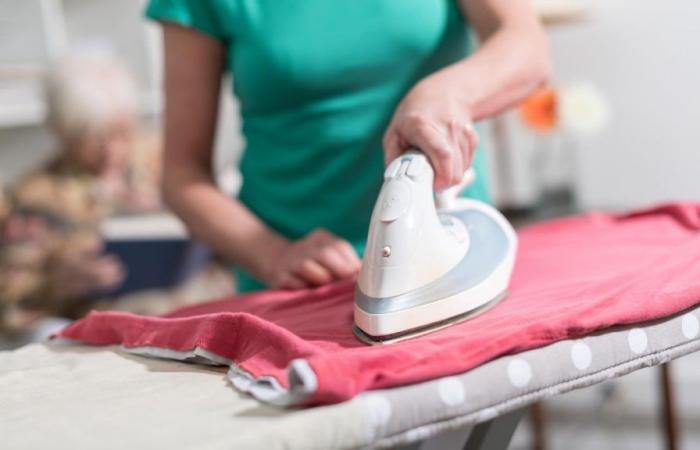Caring for others does not have much prestige in our society yet. And at the same time, it is precisely these small or large repetitive actions that keep humanity going. All over the world, it is precisely women who perform this unpaid work more often. But their physical and mental health, free time, relationships and finances suffer.
“Households all over the world are not divided fairly,” says Martina Dvořáková from the Fair Household project in the podcast About money is (not) talked about. According to her, the surveys also show that women are much less satisfied with the division of roles in the household than men. This may also be due to the fact that they often get into the role of caregivers and household managers not on the basis of their own decision, but on the basis of stereotypes and patterns from childhood.
In the Czech Republic, for example, it is an average of six hours of women’s unpaid work per day. That’s already hundreds of hours a year that could be devoted to development, study or relaxation. “Care and housework do not only include cleaning, shopping or cooking, but are mainly a mental burden. One must carry all birthdays in one’s head, doctors. In short, project management of the entire household,” explains Dvořáková.
“The fact that men still earn more in our region forces families into a model that often does not suit either of the couples. And it’s not even beneficial for the state and society,” says Dvořáková. The woman then often takes care of the children and the household in isolation, and thus loses self-confidence and contact with her field. And she is also financially dependent on her partner. The man is then under pressure to support his family, with whom he does not spend as much time as he would like.
Photo: Markéta Susová, Seznam Zpravy
Martina Dvořáková (left) with presenter Míša Raková.
“If both are satisfied, there is nothing to solve,” believes Dvořáková. “However, if they wish to set a few things in their lives differently, the Fair Home platform offers them the tools to do so and also the language to talk about such things.”
The Household Audit proved to be a very effective and eye-opening tool. As part of it, both as a couple fill in what they take care of at home, and then they can talk about whether their current setup is really fair and perceive the level of burden that individual responsibilities generate at home. And to move together to a true partnership and cooperation for which they will be grateful to each other.
Money is (not) talked about
Series for women about finance. Moderator Míša Raková discusses a variety of financial topics with her guests – from the family budget to marital assets and investments. Hear practical tips on how to manage money better.
The podcast is published every Tuesday and you can listen to it on Podcasty.cz or in podcast applications such as Spotify or Apple Podcasts, where you can Money is (not) talked about and subscribe.






